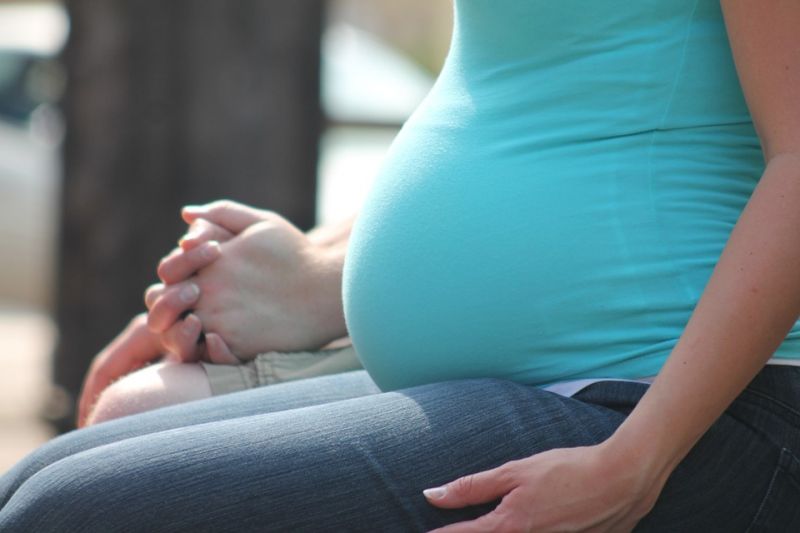New Delhi: Consumption of folic acid tablets during pregnancy may help prevent spina bifida — a condition characterised by an incomplete closing of the backbone and membrane around the spinal cord in offsprings, according to doctors from the city-based All India Institute of Medical Sciences.
“Over 50 per cent of such congenital birth defects in children can be prevented by regular intake of folic acid tablets like vitamin B9 which are easily available,” Dr S.S Kale, Head, Neurosurgery, AIIMS, said.
Spina bifida is a type of birth defect known as neural tube defect. It occurs when the bones of the spine (vertebrae) don’t form properly around part of the baby’s spinal cord. Spina bifida can be mild or severe.
According to the doctors, this defect is usually found in the lower back of the baby and in rare cases, may be found in the middle back or neck and classified into three categories based on the severity — occulta, meningocele, myelomeningocele.
“In India, 1 out of every 1,000 children are diagnosed with spina bifida. Half the time, mothers are not even aware that they are pregnant so they start taking Vitamin tablets late. In many areas, there is no access to ultrasound or MRI facility that it can be detected during pregnancy,” Dr Minu Bajpai, Professor, Paediatric Surgery, AIIMS, told IANS.
The vitamin tablets are needed to be taken very early during pregnancy and are to be continued for a minimum of three months (first trimester) by expectant mothers.
Dr Kale added that a regular ultrasound of mother in antenatal checkups is a must at 12-18 weeks period to diagnose this abnormality at the right time. If this condition is diagnosed antenatally before 20 weeks (5th month of pregnancy), medical termination of pregnancy can be carried out as per law.
While the medical experts said that early consumption of folic acid tablets can help check spina bifida cases among children, they added that early surgery is recommended if detected after birth.
[source_without_link]IANS[/source_without_link]

